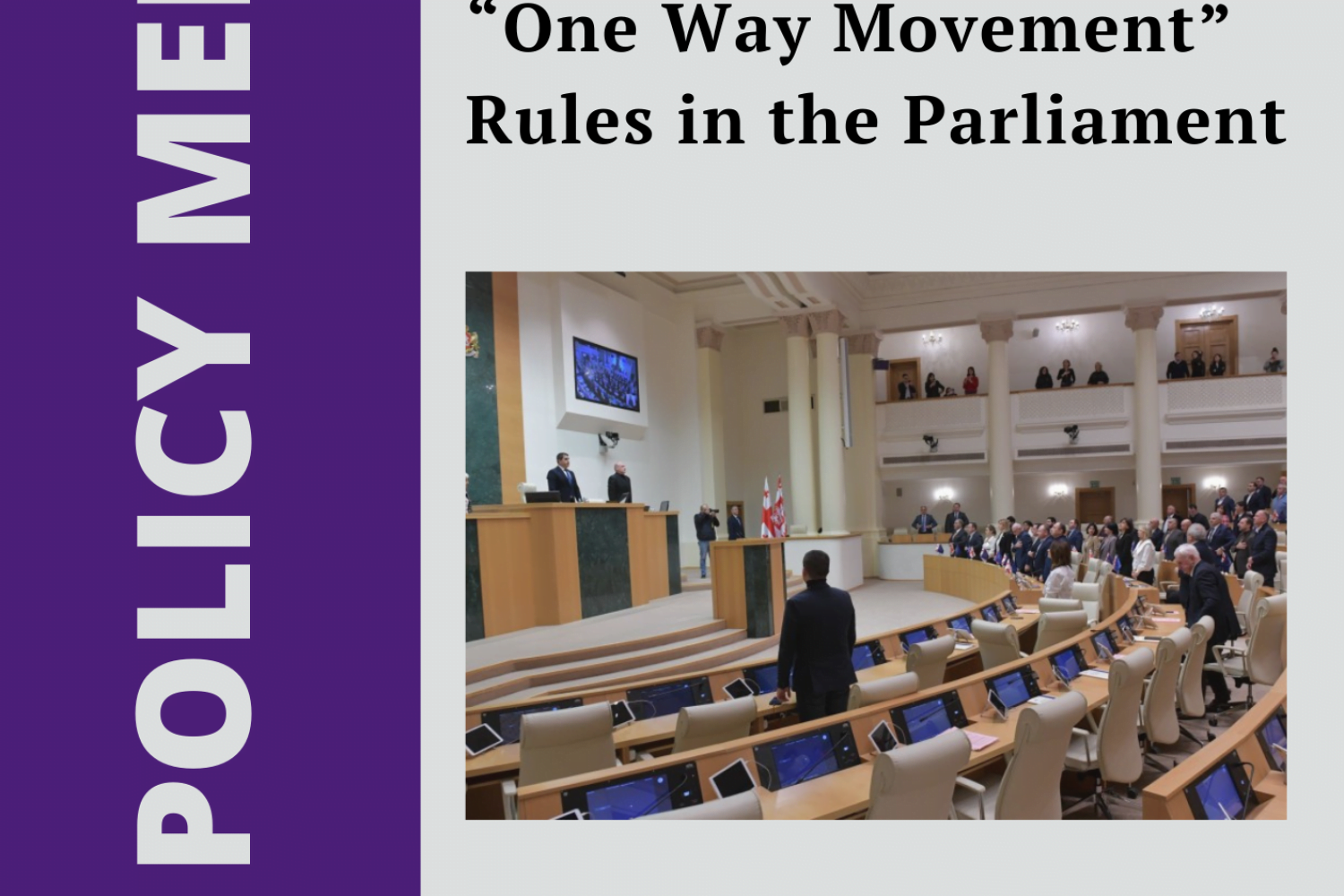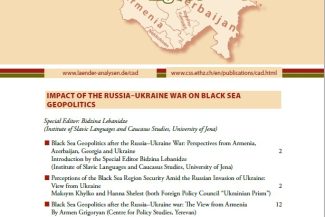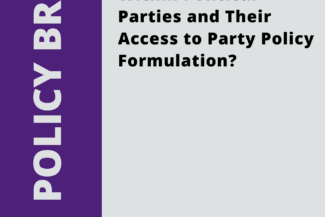08-02-2024
A healthy democracy cannot function without an effective political opposition. Opposition is one of the main actors in the distribution of power, which is a fundamental criterion for building a European-style democratic state. At first glance this issue is also part of the agenda of Georgia’s ruling political elite: according to the Prime Minister (PM) nominee Irakli Kobakhidze, “Our political system needs more consensus and less radicalism” (1TV.ge 2024). However, conflicting with this, marginalizing policies needed for effective governance proposed by opposition parties has become a traditional feature of the political culture in Georgia. As President Salome Zourabichvili noted in her last Parliamentary address in her current capacity, “Since gaining independence, none of the governments in Georgia have been able to find a force within it to fully demolish the power monolith” (Zourabichvili 2024).
This harmful trend is spilling over not exclusively into opposition parties in Georgia but into the broader dimension of Georgian politics. In the wider view, marginalizing the opposition from the political processes is related to deeper problems and completely excludes the possibility of power-sharing as a main principle of democracy. This is an alarming tendency and is particularly evident in the Parliament of Georgia, where even discussion of the political views of the opposition parties is rare, not to mention their consideration in the governing process. As a result, Georgian voters have lost faith in political parties, and for their part the political parties in Parliament are becoming dysfunctional. This leads to radicalization of the political environment and creates conditions where the political processes are shifted to the streets.
This policy memo aims at offering discussion to the public of the importance of the opposition in the democratic development of any country, and presents the problems facing opposition parties in the Georgian reality. This paper is based on desk research, statistical data on the initiatives of the opposition parties between 2020-2023 during the present parliament, and in-depth interviews with opposition MPs.
Policy Memo #72 | February 2024
This publication has been produced with the generous support of the Embassy of Switzerland in Georgia. The opinions expressed are those of the author and do not necessarily reflect the views of the Georgian Institute of Politics and the Embassy of Switzerland in Georgia.










